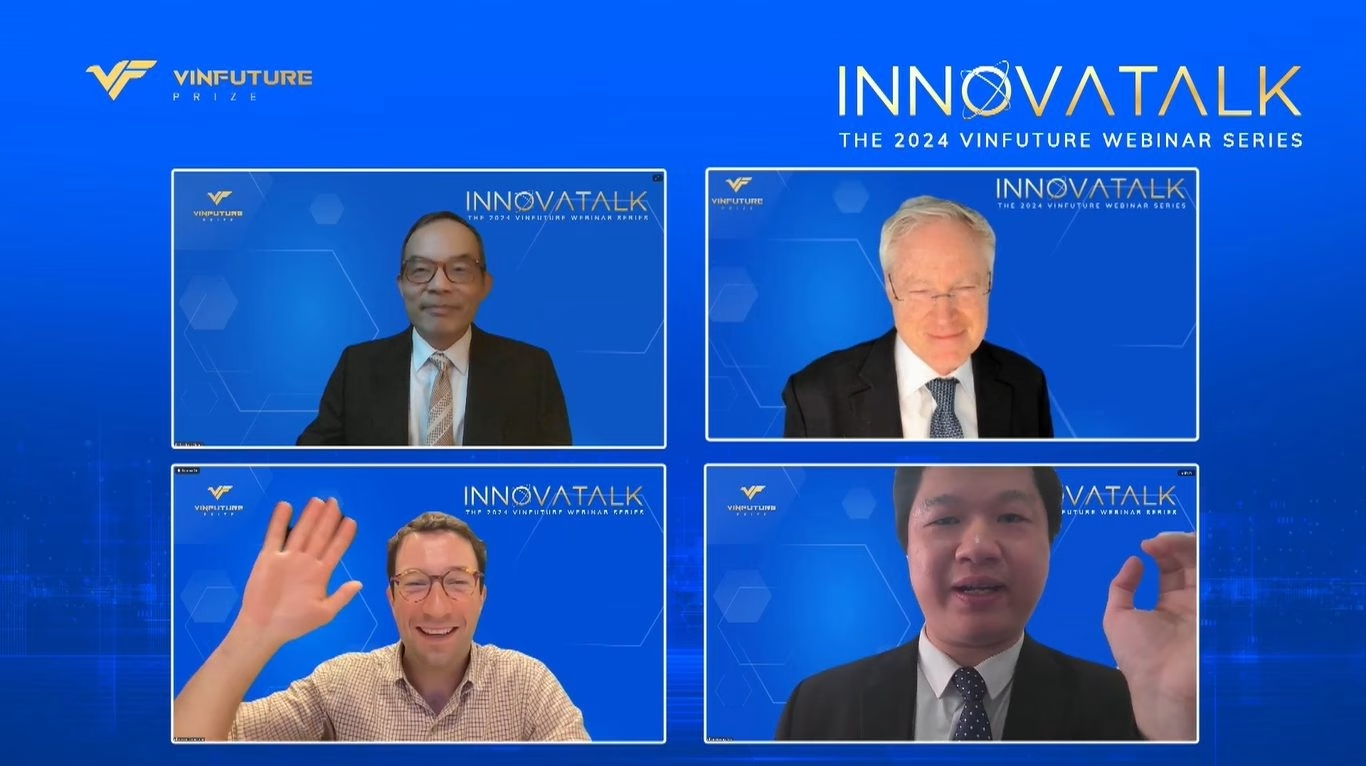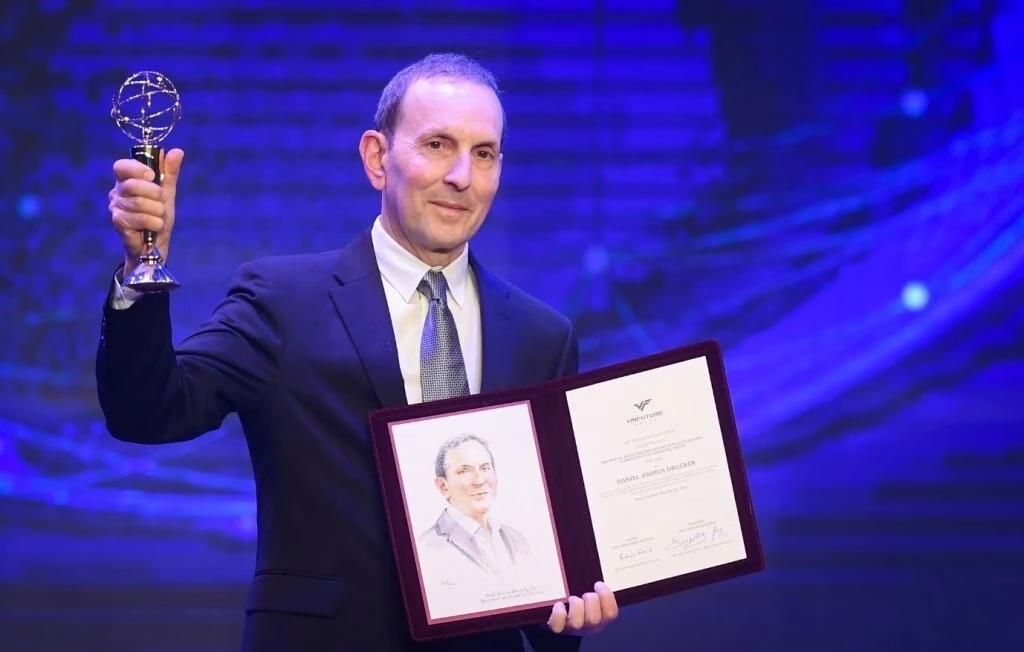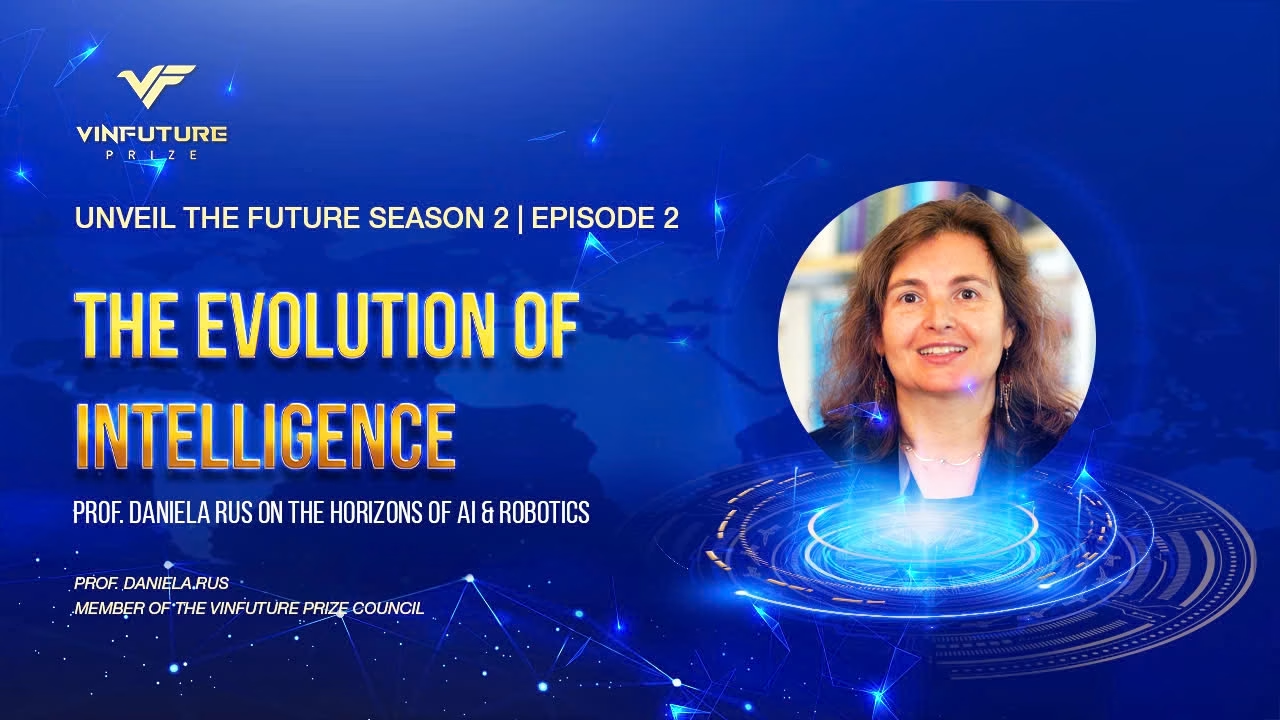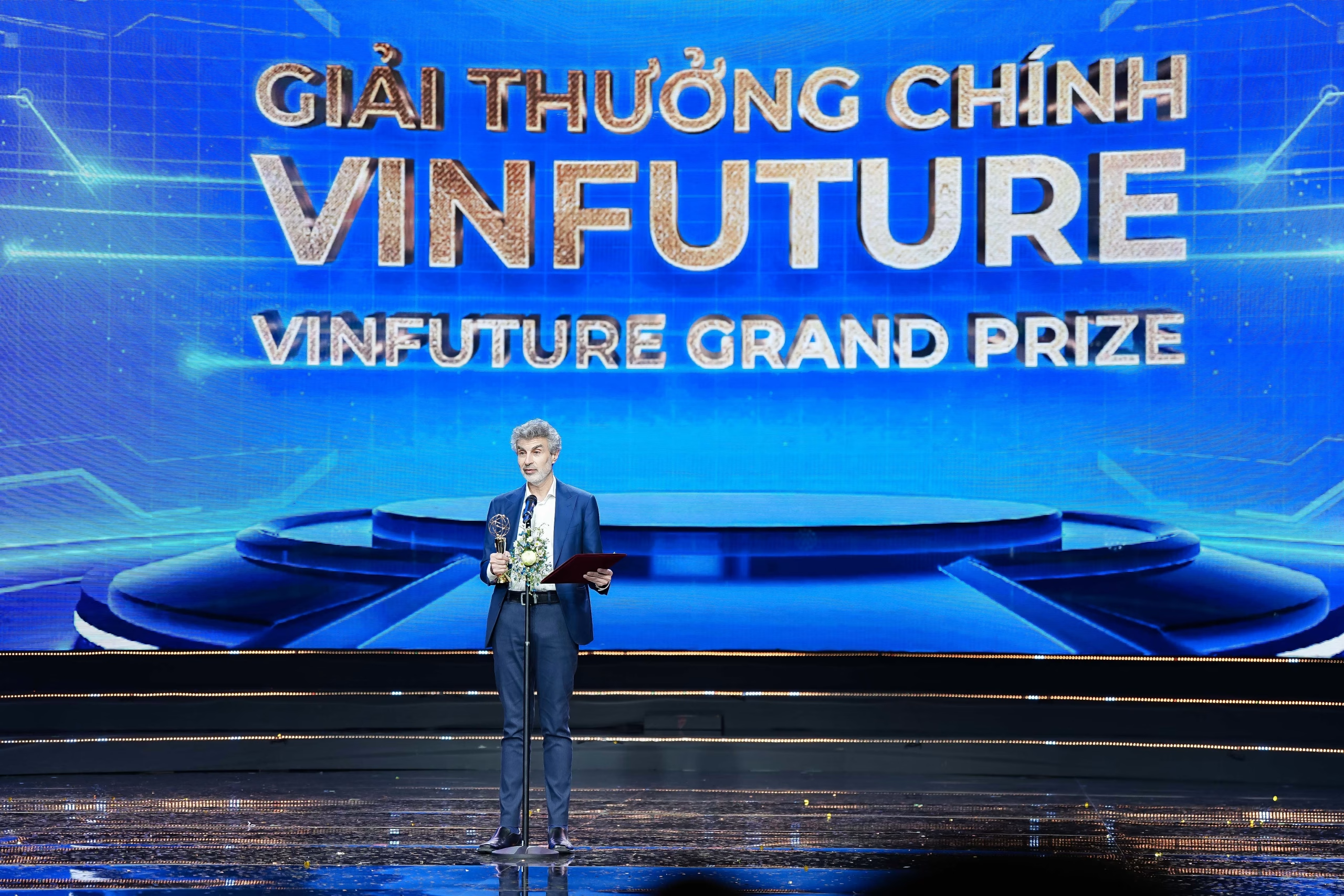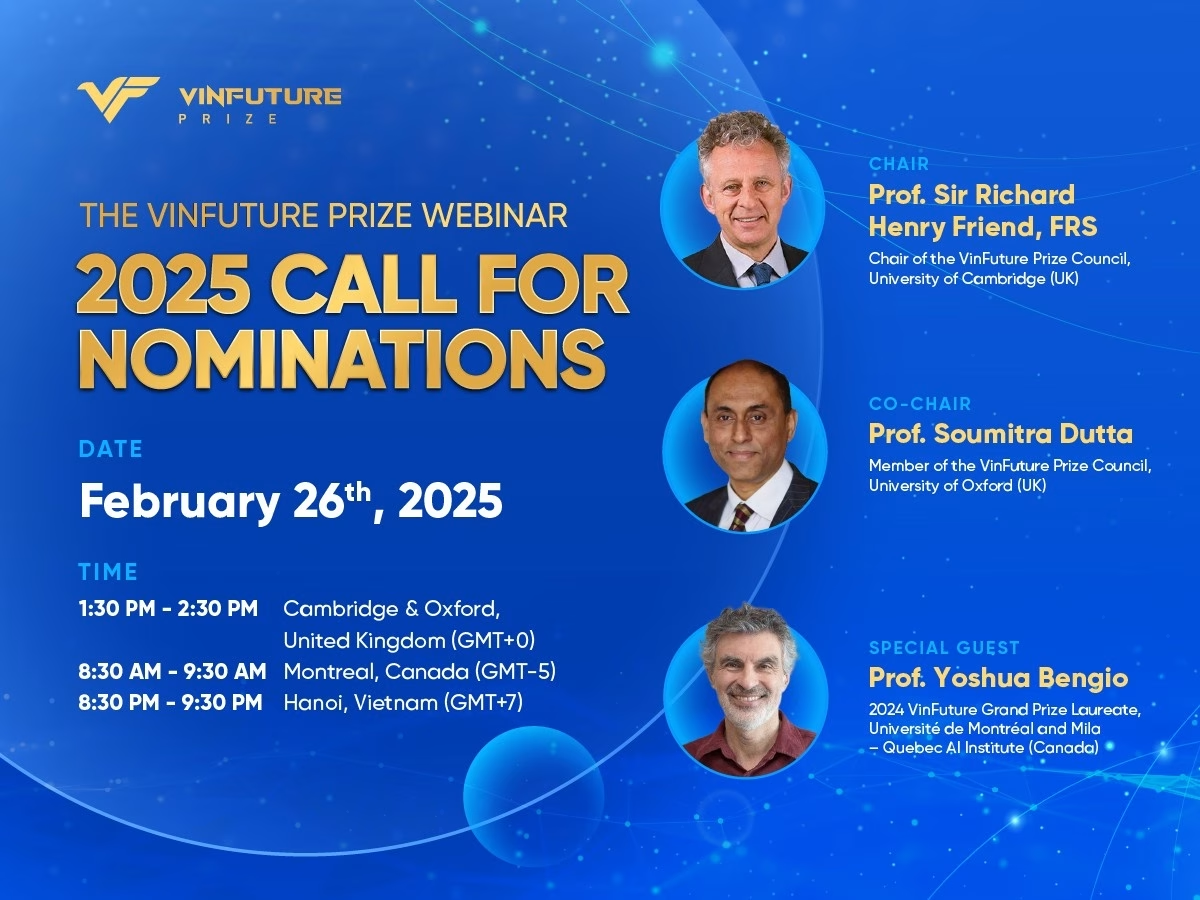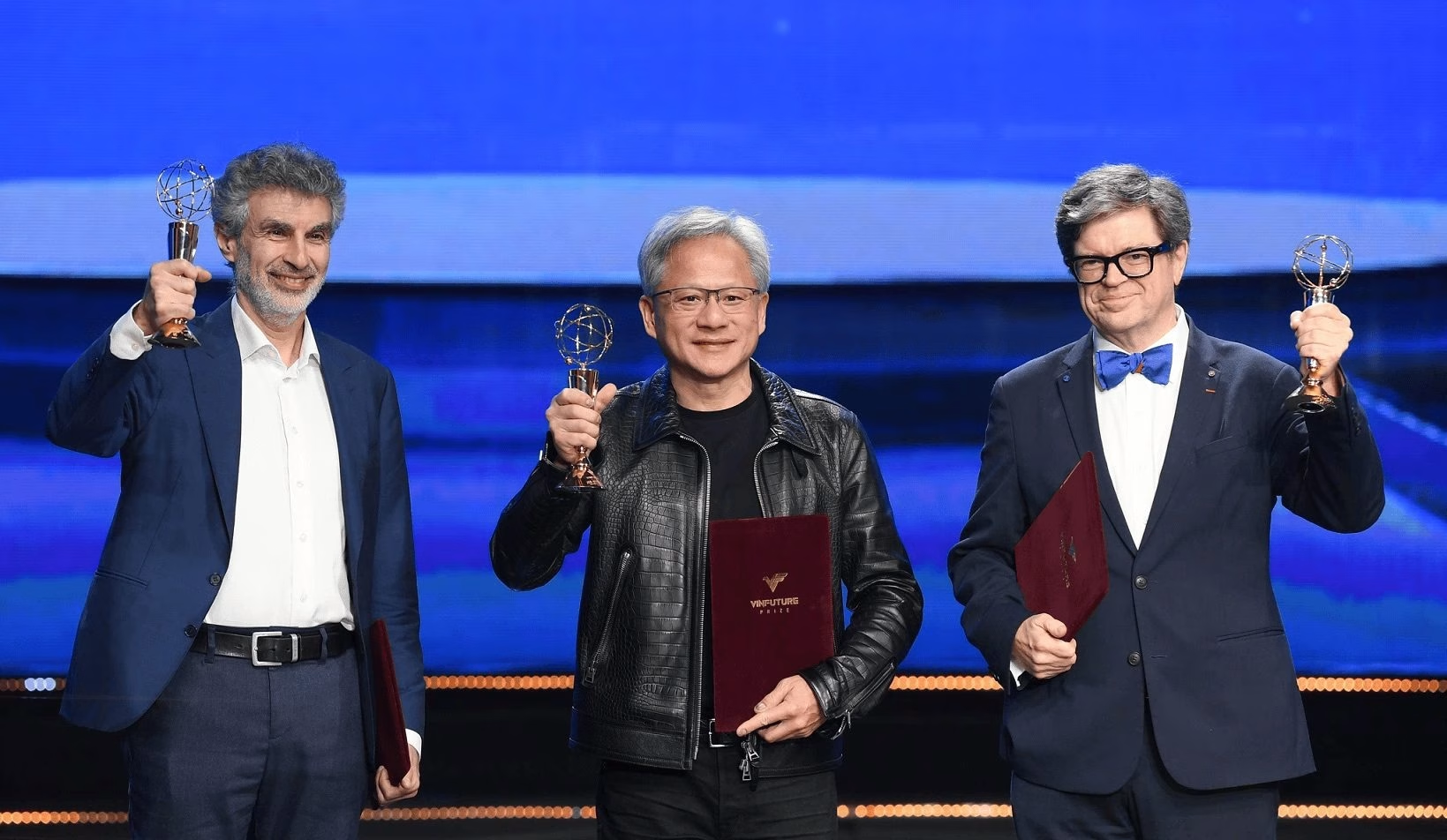Our latest InnovaTalk webinar on “Generative AI: Breakthroughs and Challenges” ignited a robust discussion on the technology’s potential and pitfalls. A wide range of questions from participants underscored the keen interest in understanding AI’s capabilities and its implications.
Balancing the Potentials and Pitfalls of AI
Given the challenges inherent in scientific development, a participant inquired about Dr. Eric Horvitz’s perspective on optimizing AI usage and maximizing the benefits of generative AI. Regarding this issue, Dr. Horvitz acknowledged AI’s potential but cautioned against its misuse. He highlighted the importance of identifying and providing solutions related to biases in datasets. In addition, he also emphasized the need for developing ethical frameworks in using AI, including regulations on transparency and oversight.
Another question was also raised about the difficulties in employing AI within the educational context by Dr. Wray Buntine from VinUniversity. While acknowledging the potential of current large language models (LLMs), Dr. Buntine expressed concerns about LLMs’ potential reliance on English as an intermediary when processing complex Vietnamese inputs, which could impact the accuracy of outputs. To better understand this phenomenon, Dr. Eric Horvitz suggested exploring research by Assoc. Prof. Robert West on how multilingual transformers handle different languages, particularly investigating the use of English as an internal pivot language. With the intensive training of these models, Dr. Horvitz also envisioned that there would be enhanced models in the next few decades that could transcend language barriers, enabling seamless information exchange across languages without relying on English as an intermediary.
AI model training process
Regarding the AI training process, Assoc. Prof. Ngo Quynh Thu from Hanoi University of Science and Technology sought clarification on the methodologies for developing AI models capable of handling complex human tasks. To address this question, Dr. Alex Ratner outlined a two-phase approach: pre-training and post-training. Pre-training involves exposing the AI to vast amounts of data from various sources to establish a broad knowledge base. Post-training, on the other hand, focuses on fine-tuning the model for specific tasks through targeted training with relevant examples in a certain domain. Dr. Ratner emphasized the criticality of post-training in attaining desired AI competencies.
Building upon this, Assoc. Prof. Ngo Quynh Thu further asked about the significance of imparting in-depth knowledge to AI models. Dr. Ratner responded by sharing insights garnered from a recent collaboration with a US e-commerce company. In this project, they focused on refining a multimodal AI model by tailoring the data to specific business needs. Through this example, Dr. Ratner emphasized that by shaping data to be more domain-specific throughout the training process, performance can be significantly enhanced.
AI Research in Developing Countries
Turning to the broader landscape of AI development, a participant sought Dr. Xuedong Huang’s insights on the trajectory of AI research in developing countries, with a specific focus on Vietnam. Dr. Huang first expressed his admiration for Vietnam’s rapid progress in AI, particularly in healthcare and technology sectors. He highlighted the critical role of language in AI development, noting the dominance of English in large language models and the subsequent challenges faced by non-English speaking countries. To address these challenges, Dr. Huang advocated for the development of localized language models to drive innovation and enhance user experiences. He cited examples of countries successfully adapting open-source models to their linguistic needs.
Furthermore, he highlighted the potential of edge computing to overcome infrastructure limitations in developing nations, thereby accelerating progress in areas such as speech recognition and translation. In conclusion, Dr. Huang had an optimistic viewpoint about Vietnam’s AI landscape, comparing its growth to that of the United States and emphasizing the country’s potential for innovation and leadership in the AI domain.
Generative AI: A Promising Frontier in Vietnam
Shifting the focus to potential applications of AI, a participant inquired about the prospects of Generative AI (GenAI) in Vietnam. Assoc. Prof. Le Hoang Son identified several promising domains for GenAI, including healthcare, education, environmental, and e-commerce. To illustrate the practical application of GenAI, Assoc. Prof. Le highlighted TPBank LiveBank, a pioneering bank leveraging English processing technology to facilitate remote user onboarding and customer support. Additionally, he mentioned ELSA, an AI-powered English pronunciation app that provides real-time direct feedback, helping users improve their English skills. Assoc. Prof. Son expressed optimism about the future trajectory of GenAI in Vietnam, envisioning its potential to drive innovation and create value across a wide range of sectors.
